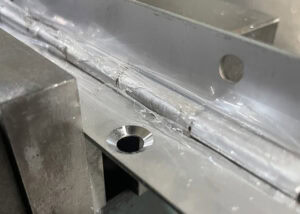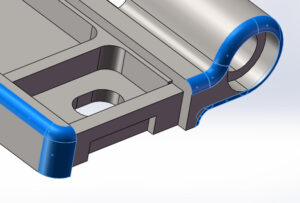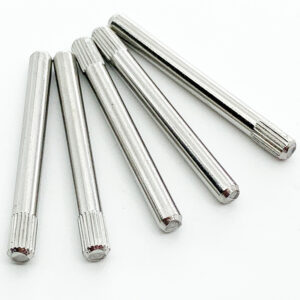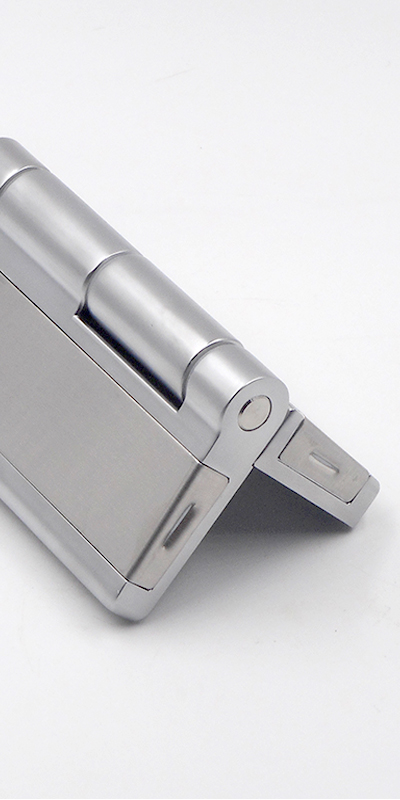Squeaky door hinges can be irritating and disruptive, and if not taken care of, can get worse and ruin your door or hinge. Luckily, it is easy to take care of and maintain.
The easy way to fix this is with lubricants like WD-40, silicone spray, or petroleum jelly. Keep the screws tight, and keep them clean to prevent this problem.
These tips will show you how to get rid of the noise in a few different ways and keep it from coming back.
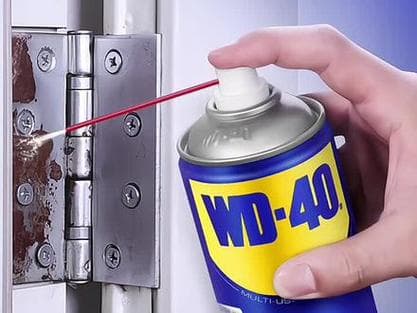
Use Lubricants to Quiet Squeaky Hinges
Lubricants are the easiest and most efficient way to fix squeaky door hinges. Common options include WD-40, silicone spray, and lithium grease. Each provides quick results by reducing friction between the hinge components.
Silicone spray is a top choice because it leaves a protective layer that resists dust buildup, offering long-term protection. WD-40, while effective, evaporates over time and may need reapplication more frequently.
For heavy-duty applications, consider using lithium grease or more permanent lubricants. They offer long-lasting relief from squeaks, especially for larger doors such as cold storage room hinges or heavy duty hinges, where durability is essential.
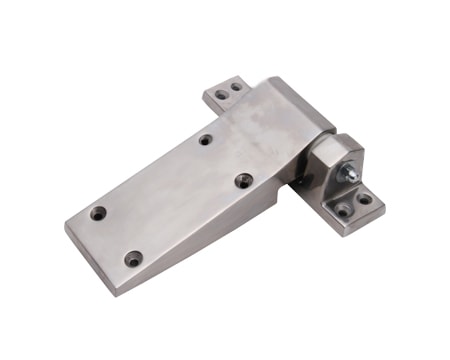
Home Remedies for Squeaky Hinges
If commercial lubricants aren’t available, several household items can temporarily silence squeaky door hinges. Options include petroleum jelly, bar soap, olive oil, and candle wax.
Vaseline (petroleum jelly) is particularly effective because it coats the hinge pin and provides smooth operation. Simply apply it directly to the hinge and move the door back and forth to distribute it evenly.
While home remedies aren’t as durable as silicone sprays or lithium grease, they can serve as a quick fix until a proper lubricant can be applied.
Regular Maintenance to Avoid Future Squeaks
Preventing squeaky hinges is much easier than repeatedly fixing them. Regularly cleaning and lubricating your hinges will ensure they continue working smoothly. Dust and dirt often accumulate on the hinges, leading to increased friction and noise. Simply wiping the hinges clean and reapplying lubricant every few months will keep them in optimal condition.
Additionally, checking for loose screws or misaligned doors can prevent unnecessary pressure on the hinges, further reducing the likelihood of squeaks.
Fixing Squeaks Without WD-40
If you prefer not to use WD-40, there are alternative lubricants and methods available. Silicone spray and dry lubricants are great options for long-lasting solutions. Dry lubricants, unlike WD-40, don’t evaporate and will prevent dust from sticking to the hinge, providing cleaner results. Bar soap and Vaseline can also be used for a more immediate fix.
For heavier applications, such as marine hinges or trailer door hinges, opt for a lubricant that can handle exposure to water and outdoor elements, like silicone-based products.
How to Open a Squeaky Door Quietly
In situations where you can’t fix a squeaky door immediately but need to open it quietly, there are simple tricks to minimize noise. One method is to lift the door slightly as you open it. This temporarily reduces the pressure on the hinge pins, preventing the squeak. Another tactic is to turn the handle slowly and push the door open gently, which helps avoid sudden creaks.
Best Lubricants for Squeaky Hinges
There are several lubricants available for silencing squeaky hinges, and choosing the right one depends on your needs. Silicone spray is ideal for long-lasting lubrication as it repels dirt and dust.
White lithium grease is another excellent choice, providing a durable solution for large or heavy doors that require more robust support. These lubricants are especially beneficial for industrial settings, where doors, such as those with aluminum hinges or special hinges, see frequent use and need reliable, long-term maintenance.
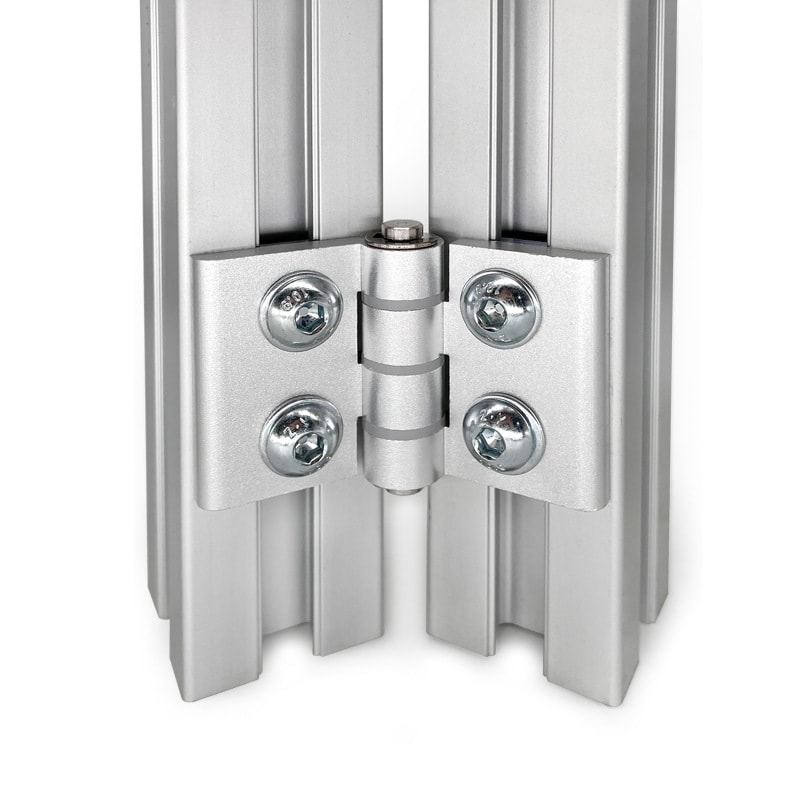
New Door Hinges That Creak
Even brand-new door hinges can squeak due to installation issues or lack of lubrication. Applying lubricant immediately after installation is recommended to prevent squeaking from the start. Additionally, ensure the hinges are aligned properly, as misalignment can cause excess pressure, leading to noise. Tightening all screws securely will also help prevent squeaks in newly installed doors.
When Lubrication Isn’t Enough
If lubrication alone doesn’t solve the problem, the issue may be deeper. Inspect the door and hinge for loose screws, misalignment, or worn-out parts. If hinges are too worn, consider replacing them with new, higher-quality ones. Weld on hinges are ideal for heavier doors that require a more secure fit and are built for long-term durability.
How to Stop a Door Closer from Squeaking
A squeaky door closer can be just as disruptive as squeaky hinges. Lubricating the moving parts with silicone spray can alleviate the noise. Make sure to apply the lubricant generously to the pivot points and test the door several times. If the squeak persists, it could be a sign that the closer itself is damaged or misaligned, in which case replacing parts may be necessary.
Proper Installation and Adjustment of Hinges
To ensure long-term quiet operation, hinges should be properly installed and aligned from the start. Misaligned doors put undue stress on the hinges, which eventually leads to friction and squeaking. If you’re dealing with butt hinges or piano hinges, proper alignment is particularly important to maintain their smooth functionality. Tighten all screws and ensure the door swings freely without any obstruction.
You may be interested in:

